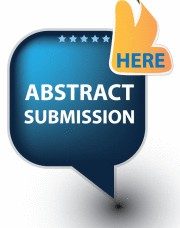Christopher Mohan
Harvard Universitym, USA
Title: The development of a teaching resource, using augmented reality, to teach children of primary school age, and their parents, about the ‘Broken Mirror Neuron Hypothesis’ of autism spectrum disorder
Biography
Biography: Christopher Mohan
Abstract
CanMEDS is a framework for physician competency and supports the need to provide psychoeducation. The development of a teaching resource, using augmented reality (AR), that can be used to inform young children and their parents about the Broken Mirror Neuron Hypothesis of Autism Spectrum Disorder (ASD), would support recovery oriented care. Impairment of the mirror neuron system in ASD has been associated with difficulties in social communication skills. By the information provided by parent regarding this theory and enabling an opportunity to discuss the information, the foundations on which the child develops their concept of illness can be improved. This is supported by recovery models, which emphasise the involvement of parents in care. Technology is helpful in teaching skills to children and AR may be beneficial in the development of social communication skills because children with ASD like digital media are often visual learners and have visual thought patterns. The resource was designed as a children’s book that uses AR to enhance the reader’s experience and should be used by the child in conjunction with an adult. It includes instructions for parents on how to interpret the short story for their child. Implementation of the teaching resource and evaluation of its effectiveness would further develop the resource. Disadvantages of an AR book are that it requires access to a smartphone and use may be limited by the reader’s socioeconomic status and their level of education. The AR teaching resource aims to provide psychoeducation and promote recovery oriented care.

